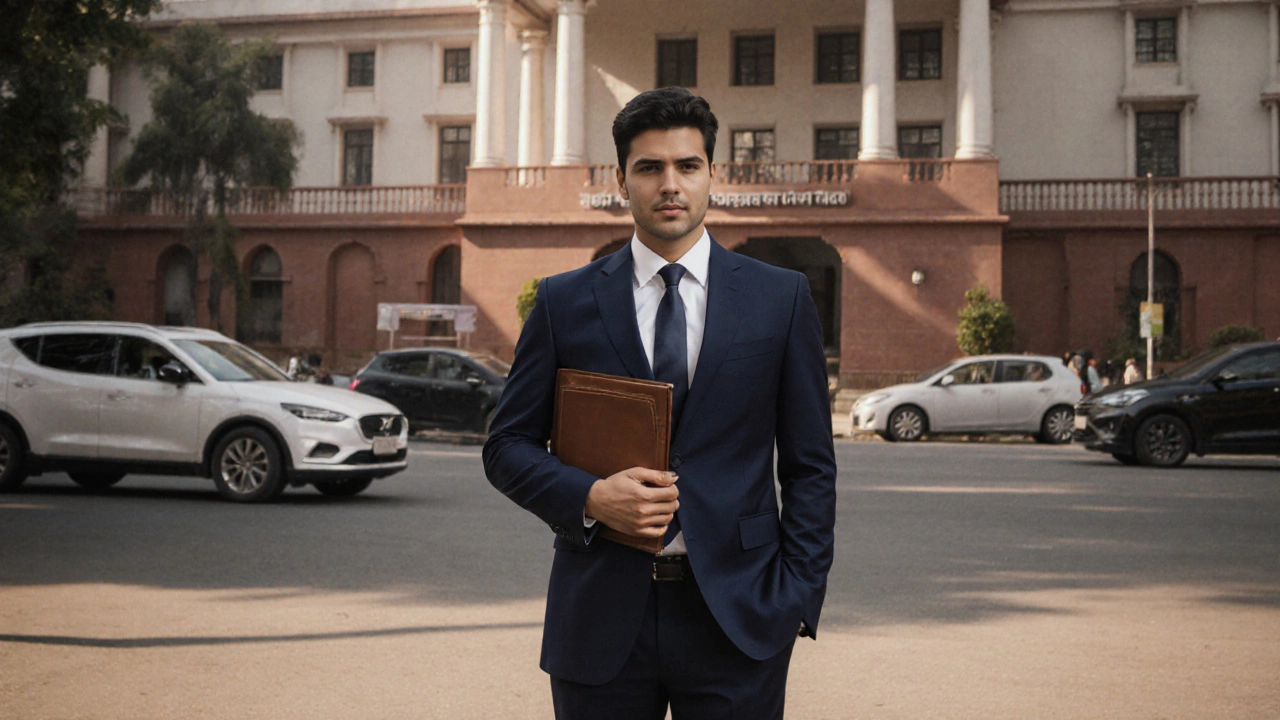Interview Attire India: What to Wear for Jobs, Teaching, and Corporate Roles
When you walk into an interview in India, your interview attire, the clothing and grooming choices you make to present yourself professionally during a job interview. Also known as professional interview wear, it speaks before you say a word. In India, where cultural norms, industry expectations, and regional differences shape what’s considered appropriate, your outfit isn’t just about looking good—it’s about signaling respect, seriousness, and fit. A teacher applying for a government school won’t wear the same thing as someone interviewing at a Bangalore tech startup. And that’s okay—because the right attire isn’t one-size-fits-all. It’s about matching your look to the role, the organization, and the unspoken rules of the space you’re walking into.
Many people think formal means a suit and tie, but in India, that’s only part of the story. For teaching interviews, the dress code expected when applying for positions in schools, colleges, or coaching centers, modesty and professionalism matter more than luxury. A well-fitted kurta with chinos, a simple salwar kameez, or a conservative blouse with a pencil skirt often works better than a Western suit. For corporate interview wear, the standard clothing expected in private sector offices, especially in IT, finance, and multinationals, dark trousers, a collared shirt, and closed shoes are the baseline. Women can opt for a formal saree or a tailored suit—just avoid anything too flashy or revealing. Even in startups, where jeans might be common on Fridays, interview day is sacred. You’re not there to show off your personal style—you’re there to show you can be trusted to represent the company.
Footwear, grooming, and accessories are just as important. Dirty shoes, strong perfume, or loud jewelry can undo hours of preparation. In smaller towns, traditional attire often gets more respect. In metro cities, clean lines and neutral colors win. And don’t forget: if you’re applying for a government job, conservative dress is non-negotiable. The interview panel isn’t just judging your answers—they’re watching your behavior, your discipline, your attention to detail. Your clothes are part of that. You don’t need to spend thousands. A pressed shirt, clean shoes, and neat hair cost little but speak volumes. What you wear should say, ‘I understand this role, I respect this process, and I’m ready to take it seriously.’
Below, you’ll find real advice from people who’ve been through these interviews—what worked, what didn’t, and how to avoid the common mistakes that cost candidates the job, even when they had the right skills. Whether you’re a fresh graduate, a career changer, or someone returning to work after a break, the right outfit can give you the edge you didn’t know you needed.
Learn what to wear to a government job interview in India with clear, practical advice for men and women. Avoid common mistakes and dress to impress with simple, professional choices that match official norms.
